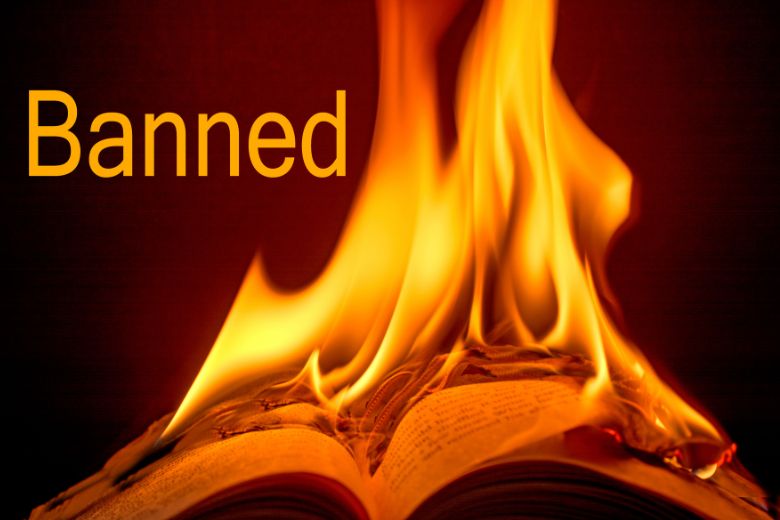Is The Grapes of Wrath a Banned Book
“The Grapes of Wrath,” written by John Steinbeck, is a classic piece of American literature that has garnered both praise and controversy since its publication.
This article delves into the question of whether “The Grapes of Wrath” has ever been banned and explores the reasons behind its challenges throughout history.
The Historical Context of Banned Books
Understanding the Banning of Books
Banning books is not a new phenomenon. Throughout history, literature has been targeted for its content, which has led to debates about censorship and freedom of expression.
The Power of Words: “The Grapes of Wrath”
“The Grapes of Wrath,” published in 1939, is a novel that portrays the struggles of a family during the Great Depression. Steinbeck’s portrayal of poverty, labor issues, and social injustice has made the book a potent tool for highlighting societal problems.
The Controversies Surrounding “The Grapes of Wrath”
Challenging the Status Quo
Upon its release, “The Grapes of Wrath” faced considerable backlash due to its gritty depiction of life during the Dust Bowl era. Some critics argued that the novel’s explicit content and political themes were unsuitable for public consumption.
Banning and Burning
In certain places, the novel was banned outright. For instance, in 1939, the novel was banned in Kansas due to concerns about its content. There were also instances of the book being publicly burned, symbolizing the extent of the controversy it stirred.
Schools and Censorship
Over the years, “The Grapes of Wrath” has been challenged in school curricula across the United States. Critics have argued that the book’s language and themes are inappropriate for younger readers, leading to debates about educational standards and literary value.
The Impact and Legacy of “The Grapes of Wrath”
Literary Recognition
Despite the controversies, “The Grapes of Wrath” has received widespread critical acclaim. It won the Pulitzer Prize for Fiction in 1940, solidifying its place in American literary history.
A Mirror to Society
The novel’s enduring relevance lies in its ability to reflect ongoing societal issues. Its themes of poverty, migration, and labor rights continue to resonate with readers, making it a valuable piece of literature for understanding the past and present.
Conclusion
“The Grapes of Wrath” remains an essential work of literature that has weathered the storms of controversy and censorship. Its powerful portrayal of human struggle and societal injustices has sparked discussions about freedom of expression, the role of literature in society, and the impact of challenging narratives. While it has faced bans and challenges, its legacy endures as a testament to the power of storytelling.



